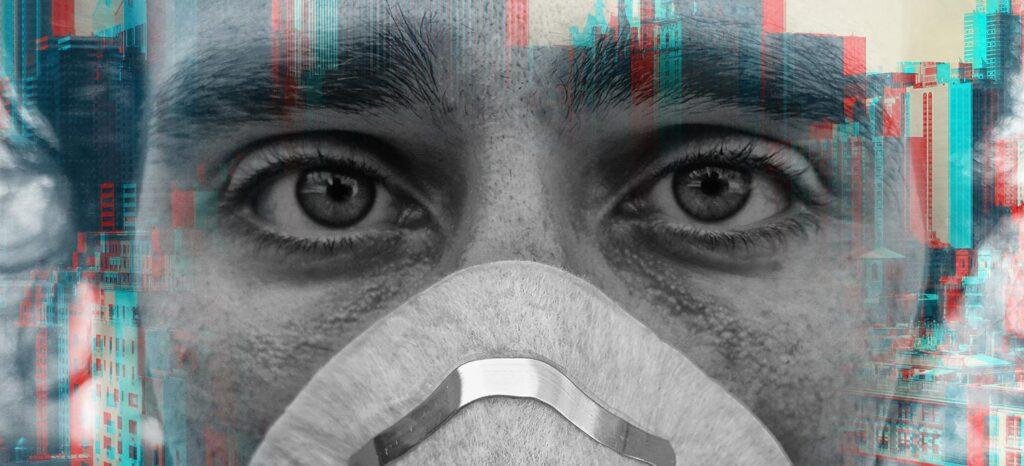COVID-19: The ongoing global pandemic continues
COVID-19: The ongoing global pandemic continues to be a major topic of concern, with many countries grappling with rising case numbers and the rollout of vaccines.
The COVID-19 pandemic has had a profound impact on the world, with millions of people infected and hundreds of thousands of lives lost.
The pandemic has also had significant social and economic consequences. Many countries struggling to contain the spread of the virus while also dealing with the fallout from lockdowns and restrictions on travel and business.
One of the main challenges of the COVID-19 pandemic has been the rapid spread of the virus, which has been facilitated by global travel and interconnectedness. The virus is highly contagious and can spread easily from person to person, even in the absence of symptoms.
This has made it difficult to control the spread of the virus, with many countries experiencing large outbreaks and overwhelmed healthcare systems.

The COVID-19 pandemic has also highlighted significant disparities in health outcomes and access to healthcare. The virus has had a disproportionate impact on marginalized communities, such as low-income households, people of color, and older adults.
These communities are often more vulnerable to the virus due to underlying health conditions or lack of access to healthcare. In addition, the pandemic has exacerbated existing inequalities, with many people losing their jobs or struggling to access basic necessities such as food and housing.
The rollout of vaccines has been a major focus of the global response to the COVID-19 pandemic. The development of effective vaccines in record time has been a significant achievement, and the rapid rollout of vaccines has provided hope for an end to the pandemic.
However, the distribution of vaccines has been uneven, with many developing countries struggling to access sufficient supplies. This has led to concerns about vaccine nationalism and the need for a more equitable distribution of vaccines.
In addition to the health impacts of the pandemic, COVID-19 has had significant economic consequences. The pandemic has led to widespread business closures, job losses, and economic disruption. Many countries experiencing significant declines in GDP.
The pandemic has also highlighted the need for greater investment in healthcare infrastructure and social safety nets. As well as the need for more sustainable and resilient economic systems.
The COVID-19 pandemic has also had significant social consequences. The pandemic has disrupted social norms and patterns of behavior, leading to increased isolation, mental health issues, and domestic violence.
The pandemic has also highlighted the importance of social cohesion and the need for community-based responses to crises.
Moving forward, there is a need for a coordinated global response to the COVID-19 pandemic. This will require greater investment in healthcare infrastructure, and increased access to vaccines. The implementation of effective public health measures such as mask-wearing, social distancing, and contact tracing.
It will also require greater cooperation and coordination across international borders. As well as a focus on addressing underlying inequalities and vulnerabilities.
Conclusion
The COVID-19 pandemic has had a profound impact on the world, with significant social, economic, and health consequences. The pandemic has highlighted the need for greater investment in healthcare infrastructure, social safety nets, and sustainable economic systems.
It has also underscored the importance of global cooperation and solidarity in responding to crises. While the rollout of vaccines provides hope for an end to the pandemic. There’s much work to be done to address the ongoing impacts of COVID-19 and to build a more equitable world. 온라인카지노사이트

